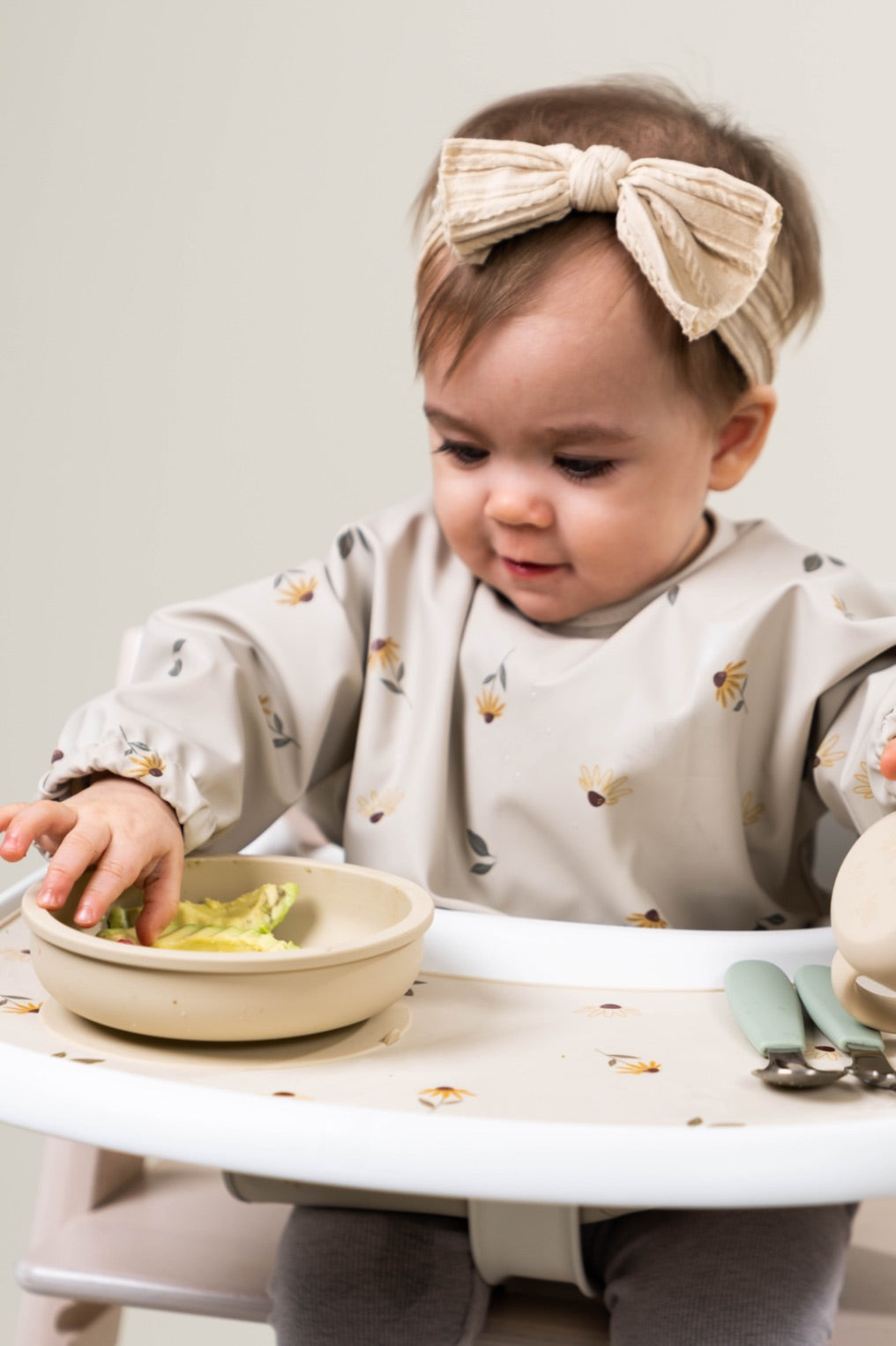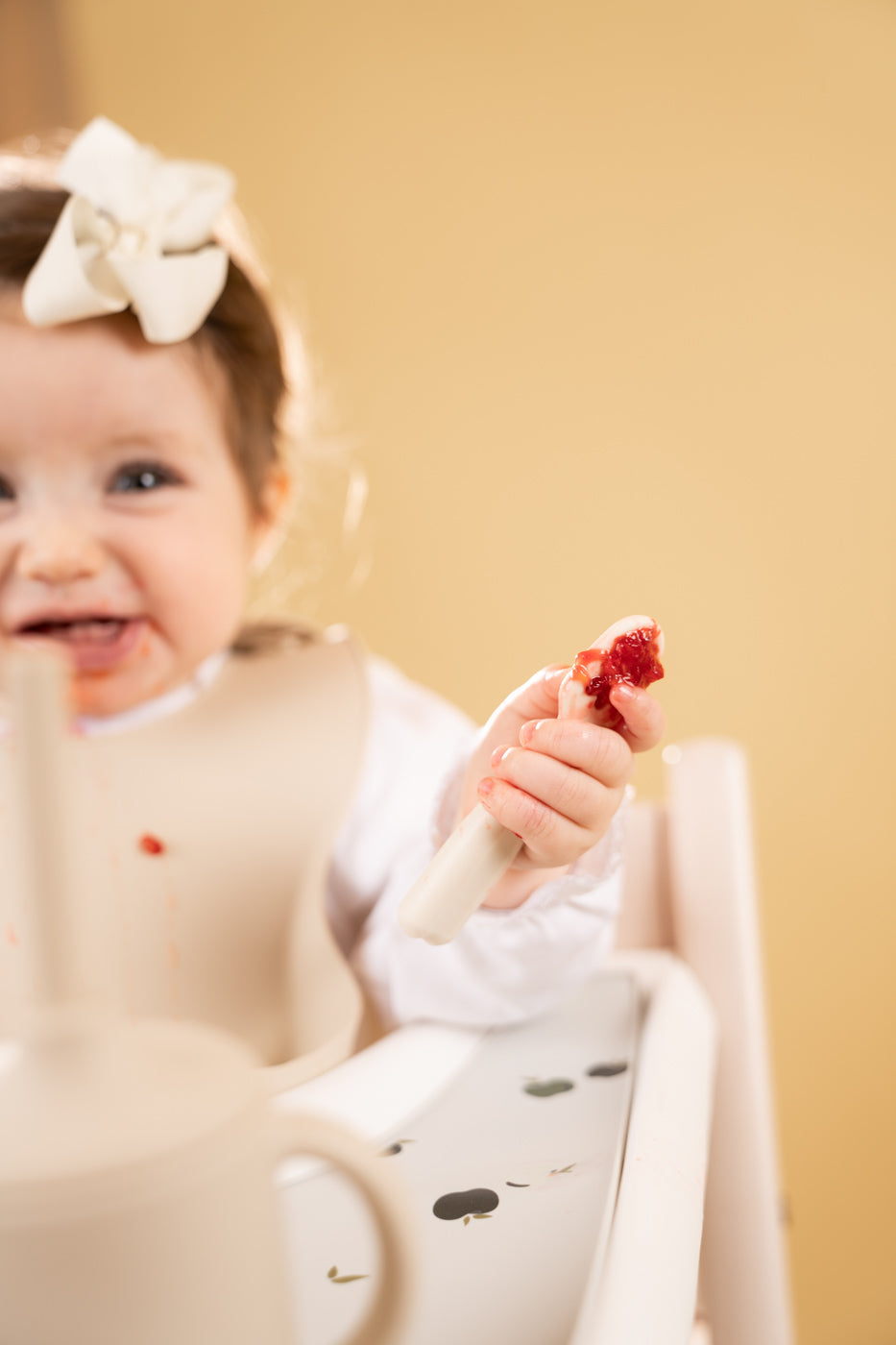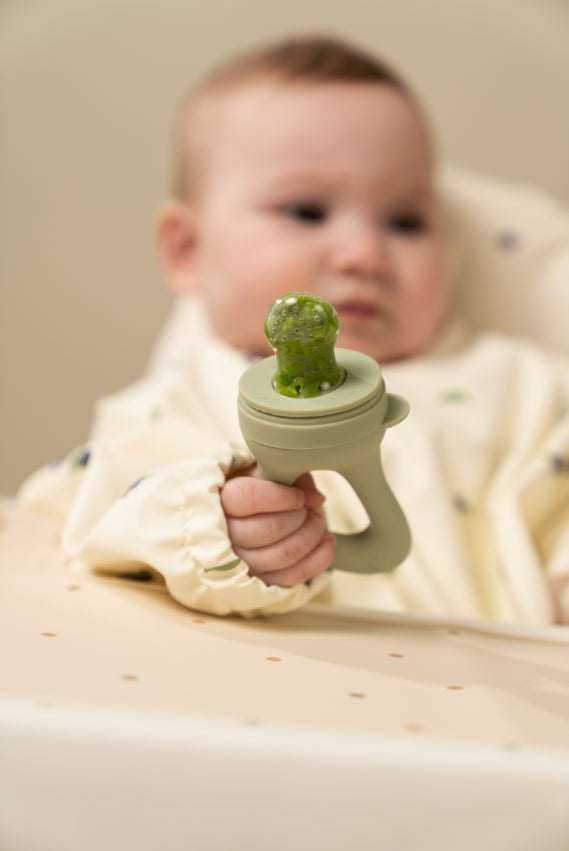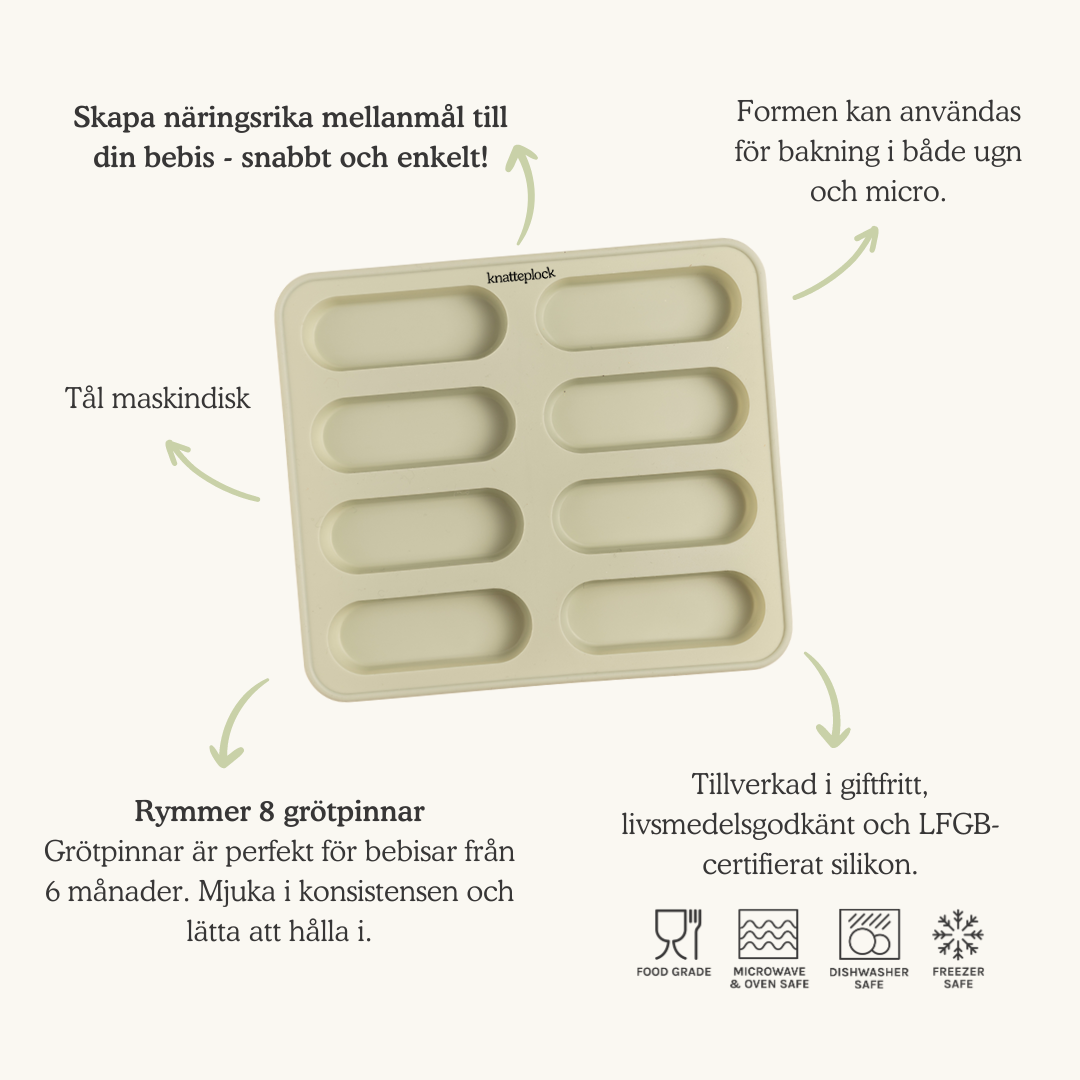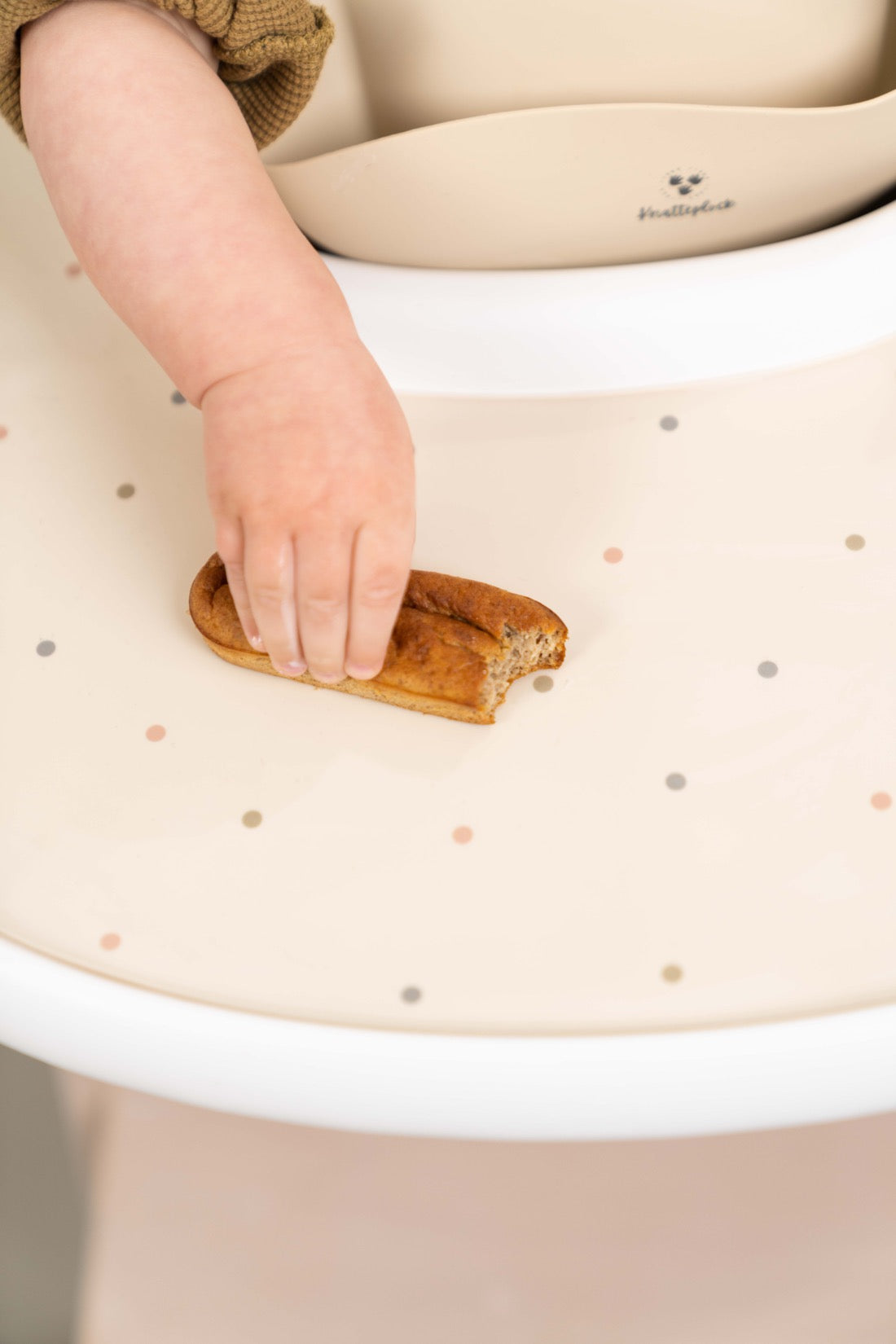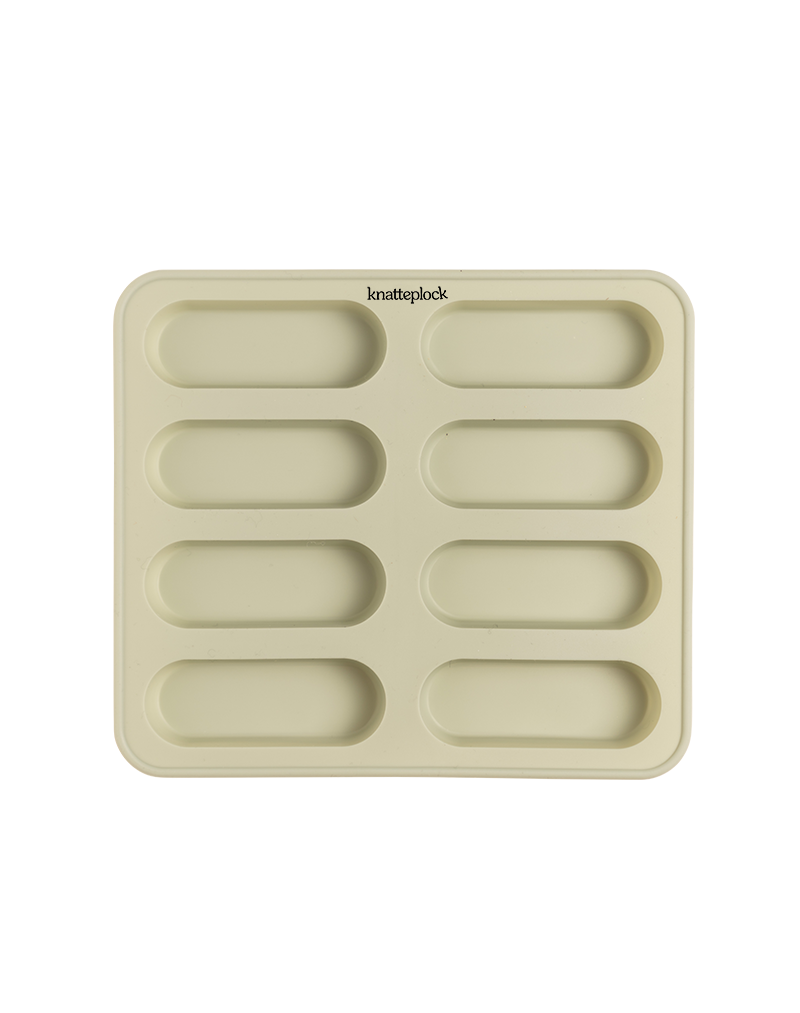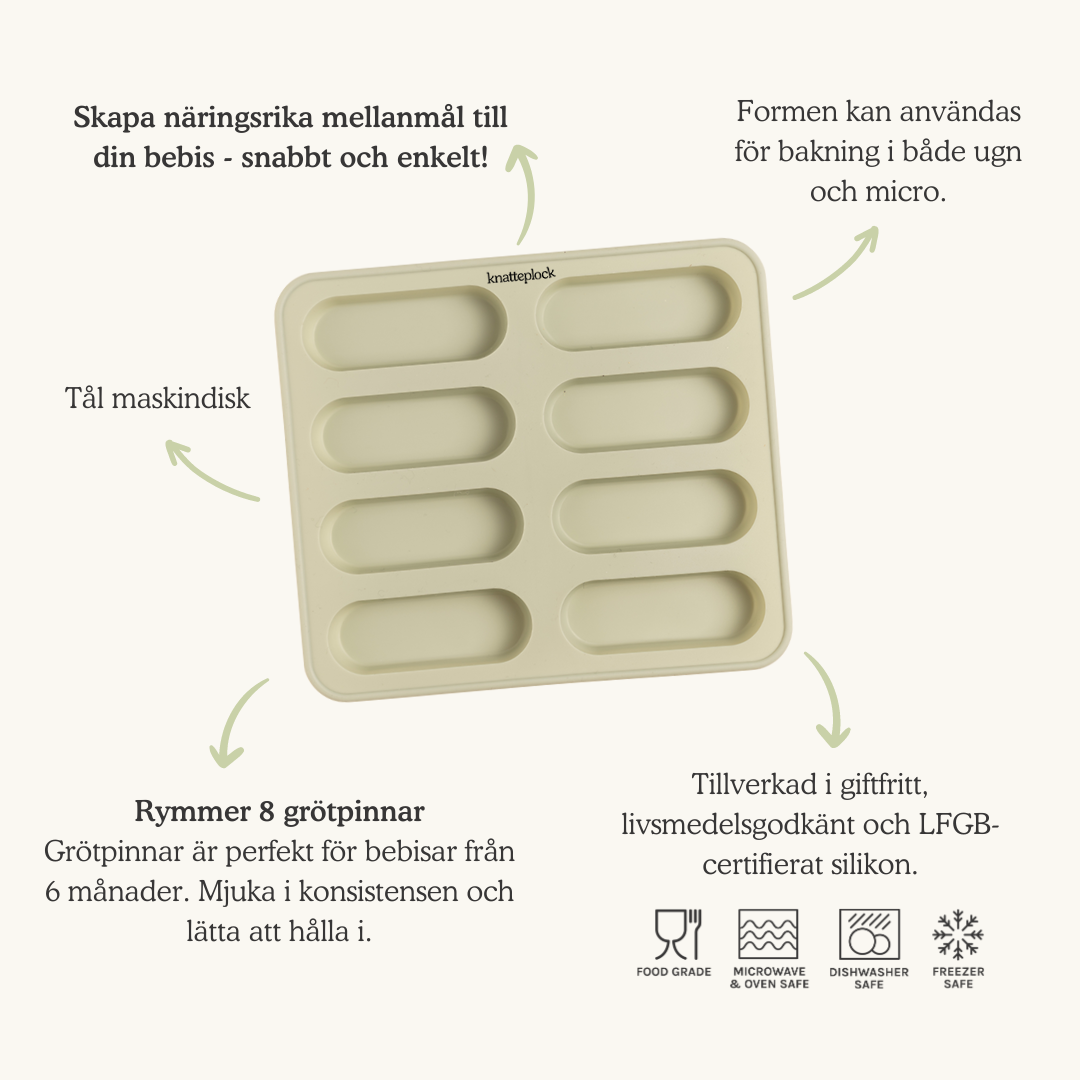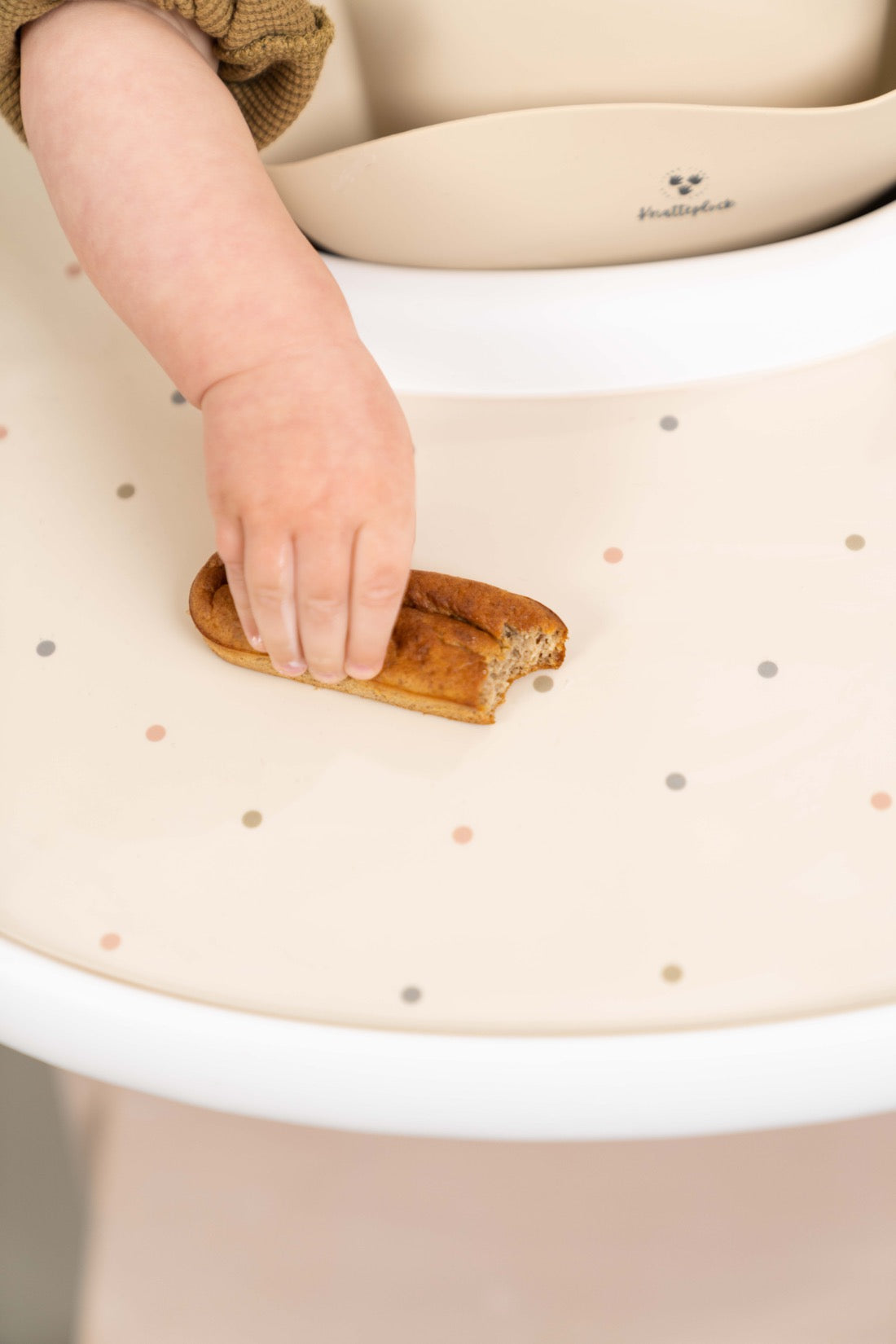The It's easy to think that children's enjoyment of food depends on how advanced the recipe is or what food is served. But it usually has very little to do with that. Enjoyment of food is created and influenced by many different factors, even factors outside the meal itself.

Some things have to do with the child's genes, while others we can influence with the help of the environment around the child. By creating awareness and working with certain things, you can do a lot for children's food enjoyment. But it is important to remember that there is no "quick-fix" for food enjoyment. It often takes time and a lot of patience.
Here are my 8 best tips for helping children find the joy of food.
1. Introduce many different textures and flavors early in your child's eating journey
This gives the child the opportunity to get used to different types of food when they are most receptive to it. This increases the chances that the child will have a good variety in their diet later in life.
2. Let the child make messes, within reasonable limits
"The "scrap" is the child's way of discovering and getting to know food. It is important that the child discovers food with all of his senses. Children learn through play. This does not mean that the child should necessarily throw away the food in any way - scribbling within reasonable limits is best.
3. Be a role model
Show the way, you as a parent are the child's greatest role model. Eat what you want your child to eat. Show your enjoyment when you eat and talk about food in a positive way. If you have negative thoughts about food and your body yourself, try not to say them out loud in front of your child.
4. Never pressure a child to eat.
As difficult as it may be at times - let mealtime be a stress- and pressure-free time. If the child doesn't want to eat right then, stop and try again later. Instead of making mealtime a struggle.
5. Participation in cooking
Involve your child in the kitchen early. This could mean having your baby sit in their high chair or baby carrier while you cook, or giving your older child their own appropriate task in the kitchen.
6. Make mealtime an exploratory and playful time
Mealtime doesn't just have to be for the child to eat. Mealtime can also be playful and exploratory. Build men out of the vegetables or talk about how the broccoli looks like little trees. Joke about who can nibble the most.
7. Work on relationships and connection outside of meals
Listen to your child's signals, validate their feelings, comfort them, play and be curious. Show that you are a safe and stable adult. A big point of course, but the relationship between parent and child affects the eating situation more than you might think.
8. Keep performance off the dinner table
The child does not need to hear that the child is "good" or "eating well", or vice versa. Try not to load meals with performance, the child does not need to perform around food.
/Elin Oresten
Licensed Nutritionist




